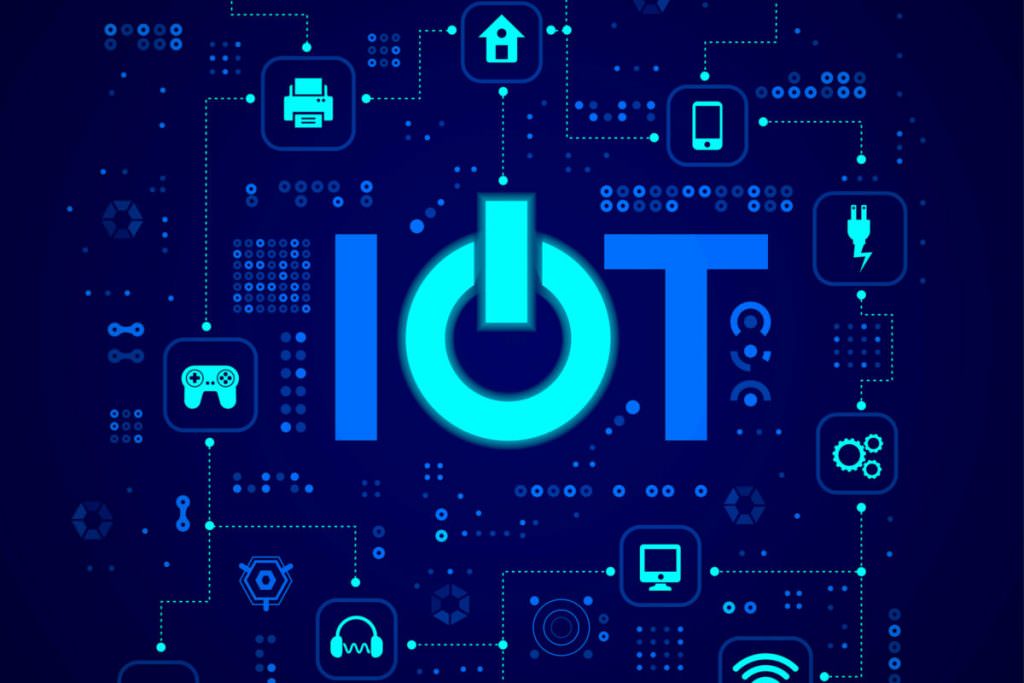


Internet of things. Development forecasts and opportunities for the facility sector

2019-11-06
Creating comfortable and efficient working spaces is becoming a priority in all sectors of the economy. That is why the Internet of things is becoming one of the main technologies not only for individual real estate objects but also for entire cities and even regions.

Facts and Figures
At the end of 2018, there were already more than 22 billion connected devices in the world. That is, for every inhabitant of the earth there are more than three remotely connected devices. Some analysts argue that by the end of 2020, this figure may double. Perhaps this is a too optimistic forecast, but given that this year the cost of this technology in the world will be about $ 725 billion, and by 2022 the amount will reach 1 trillion, then IoT will definitely be one of the leading technologies in the world.
The leading sectors at the moment are production and transport, they account for almost a third of total expenses, followed by the consumer market. However, due to the technologies of smart home and connected cars, this industry can come to the first place in the next 5 years.
At the moment, the main source of costs for companies is the hardware. Procurement of sensors and sensors, installation of individual systems. In the medium term, the focus will shift to software that can help manage all connected devices, as well as analyze and monitor data.
Opportunities for the Internet of Things for Facility Management
The value of this technology for the FM industry is difficult to overestimate. This is a new round in the development of facilitation services in general. According to a recent study by Microsoft, 85% of organizations in developed countries at least partially use IoT. An impressive figure when you consider that a few years ago, few people knew about the Internet of things. For company facilitation, this means that the implementation of IoT projects for operational optimization, staff productivity and improving energy management is becoming critically important.
The main problems in the context of the implementation of such projects at customers’ enterprises is the lack of IT infrastructure, the lack of qualified personnel with experience in this field. In addition, the issue of cybersecurity is relevant. Experts agree that buildings are becoming more vulnerable to cybercrime and companies need to strategically review the budget to strengthen protection.
However, all these barriers do not slow down the pace of the Internet of things in buildings. The largest international facilitators, in cooperation with leading technology companies, are gradually implementing large-scale projects. One of the main examples is ISS, which in tandem with Microsoft offers comprehensive customized solutions for its largest customers. It is too early to judge global results, the introduction of such systems can take up to several years, but the intermediate results are quite optimistic.
An excellent example is also the tallest building in the world of Bourges Khalifa. Thousands of sensors and sensors that automatically regulate the operation of lighting systems, water supply, air conditioning, ventilation, and a unique computer system that collects all the data on a single control panel, which can be operated by only one operator, managing a huge building.
Unfortunately, Ukrainian realities are still more prosaic. Implementing an integrated building management system using the Internet of things is still too expensive. However, projects to introduce technology to individual building systems already exist in our country. The payback period for them is still much longer than in Western countries, however, the constant increase in energy prices and further technological progress can become the impetus for the widespread use of IoT in our country.

 FACILITY
FACILITY 